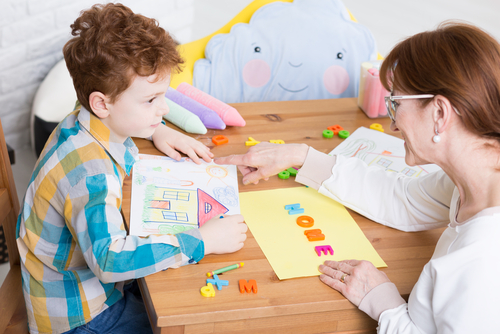
As explained by the Attention Deficit Disorder Association (ADDA), attention-deficit hyperactivity disorder (ADHD) is a highly genetic disorder that affects attention, concentration, memory, motivation, effort, learning from mistakes, impulsivity, hyperactivity, organization, and social skills. If you’ve been diagnosed with ADHD, you’re not alone: Over 11,000,000 people in the United States have this disorder, with males being almost 3 times as likely to be diagnosed with this disorder than females. Learning more about ADHD means that you will either have some additional knowledge of your subjective experiences, or you will gain a deeper understanding of what it’s like to live with ADHD – meaning you can better support your loved ones.
Healthline claims that the average age of onset for ADHD is 7 years old, with symptoms of the disorder first appearing in children ages 3-6. In addition, ADHD often doesn’t occur on it’s own; other disorders typically exist alongside it, including:
- Learning disabilities
- Conduct disorders
- Anxiety disorders
- Depression
- Bipolar disorder
- Substance abuse
- Sleeping problems
- And more
According to a 2017 cross-national study conducted by researchers from all over the world, adult ADHD seems to be more prevalent in higher and upper-middle income countries. Those that seemed to place an individual at elevated risk for having ADHD were: male, previously married, and low education. Researchers also agreed that ADHD was very prevalent alongside disorders such as anxiety, mood, behavior, and substance disorders and greatly inhibited daily functioning in a variety of ways. Treatment, however, is available for this diagnosis – which means that you can develop the tools you need to effectively cope and manage your daily experiences.
Treatment for ADHD first and foremost involves medication, which helps manage brain-based, executive functioning. Other effective forms of treatment that may occur alongside this are cognitive behavioral therapy (CBT), social skills training, individual and group psychotherapy, and coaching. If you haven’t already, speak with a professional from a reputable treatment center to learn more about options to best suit your needs. It does get better.
If you or someone you know has struggled immensely with trauma, help is available. Call The Guest House Ocala today for information on our residential treatment programs for trauma, addiction, and related mental health issues. 1-855-483-7800